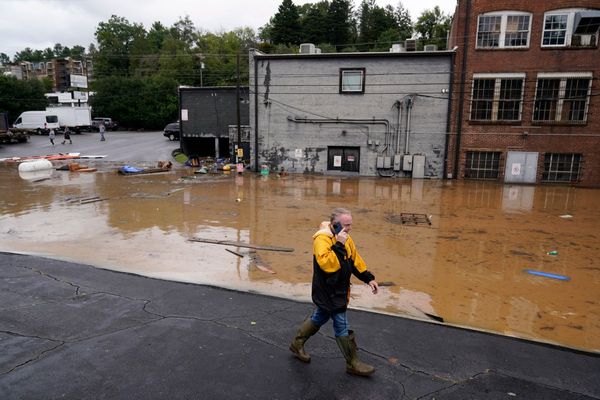
Portugal has identified an outbreak of monkeypox cases, with Spain also testing eight people for the virus, as health officials across Europe race to investigate the sudden emergence and spread of the rare infection.
It comes as UK announced on Wednesday evening that it had detected a further two cases of monkeypox, bringing its nationwide total to nine.
In Portugal, a total of 20 suspected cases have been identified, five of which have been confirmed - all of whom are in a stable condition, according to national authorities.
The eight suspected cases in Spain, all located in Madrid, are being analysed to confirm a diagnosis. A spokesperson for Madrid’s regional health department said: “Generally speaking, monkeypox is spread by respiratory transmission, but the characteristics of the eight suspected cases point towards fluid contact.
“The eight suspected cases in Madrid are among men who have sex with men. They are doing well but this illness can require hospital treatment.”
Portuguese said its 20 suspected cases were all men who live in the region of Lisbon and the Tagus Valley.
The recent UK cases are predominantly among gay or bisexual men, which is “highly suggestive of spread in sexual networks,” according to Mateo Prochazka, an infectious disease epidemiologist at the UK Health Security Agency who is leading the agency’s investigation.
The UKHSA has urged men from these groups “to be aware” of any unusual rashes or lesions and to contact a sexual health service if they develop possible symptoms or have concerns.
The virus is likely spreading via the close contact associated with sexual transmission, said Professor Keith Neal, an epidemiologist at the University of Nottingham, and not because it has morphed into an STI.
“Further work looking at whether the virus is found in semen is required to say [it is] truly sexually transmitted,” he added.
The Spanish health ministry said a nationwide alert had been issued over its possible outbreak “to guarantee a swift, coordinated and timely response”.
Portuguese health officials said: “We are monitoring the situation at national level and in conjunction with European institutions.”
Initial symptoms of monkeypox include fever, headache, muscle aches, backache, swollen lymph nodes, chills and exhaustion. A rash can develop, often beginning on the face, before spreading to other parts of the body, including the hands, feet and genitals.
Monkeypox can be spread from an animal bite or scratch, body fluids, contaminated objects, or close contact with an infected person. Infection is usually associated with travel to west Africa, where it is believed to circulate among certain types of rodents.
There is no cure for the virus. Symptoms typically start to appear between five and 21 days after exposure, while most people recover from the illness within a matter of weeks.
The virus, which can kill up 10 per cent of people it infects, depending on the severity of the variant, first emerged in a human in the Democratic Republic of the Congo in 1970 and has since been detected in 11 central and west African countries.







